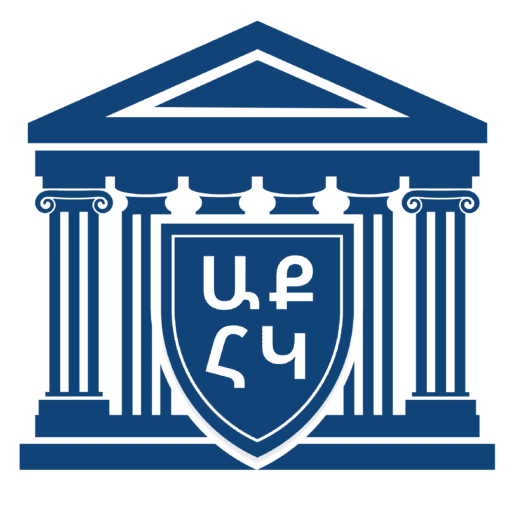Response to the Statements Made by Aram Manukyan on the Research Study “The Republic of Armenia’s Key Dependencies on the Russian Federation: Threats and Solutions” Broadcast on News.am on July 19, 2025
On July 19, during a News.am broadcast, Aram Manukyan, a member of the Heritage Party (HAK), addressed the research study entitled “The Republic of Armenia’s Key Dependencies on the Russian Federation: Threats and Solutions” published several months ago. Mr. Manukyan’s statements not only fail to correspond with the logic and findings of the study but also raise doubts regarding either his comprehension of the text or suggest an intentional distortion driven by other motives.
Firstly, Mr. Manukyan incorrectly attributed the research—conducted by two civil society organizations—as a state-sponsored program. Moreover, he confused the study’s authorship by erroneously referring to the organizational involvement of the “Citizens’ Decision-Making Alliance” as a “document of Daniel Ioanesyan.” We hereby clarify that the sole authors of the study are the President of The Research Center on Security Policy (RCSP), Areg Kochinyan, and expert Robert Ghevondyan. No other individuals participated in the research or content preparation of the study.
While such confusion might be ascribed to Mr. Manukyan’s unfamiliarity with actors in the scientific-research and civic sectors, the distortion of the study’s content is wholly indefensible.
For example, at the 29:11 mark of the broadcast, Mr. Manukyan expresses indignation towards our proposal to develop scenarios aimed at returning strategic infrastructure assets such as the Hydroelectric Power Plant, Gazprom Armenia, and the Hrazdan Thermal Power Plant under Armenian control. It remains unclear why any Armenian citizen should be outraged at the prospect of their country’s infrastructure being managed by their own state.
At the 30:11 timestamp, Mr. Manukyan alleges that the study’s recommendation to review the Armenian Nuclear Power Plant’s concession management contract, plan the necessary measures for alternative fuel use, and accelerate the construction of new nuclear facilities implies that “the pro-Western forces intend to close our nuclear plant under Turkish demands.” In reality, the proposal explicitly calls for finding new fuel sources for the existing plant alongside expediting the construction of additional nuclear facilities.
At 30:49, Mr. Manukyan again shows displeasure upon hearing the suggestion to provide state-level support for the dissemination of English, French, German, Chinese, Korean, Persian, as well as Turkish and Azerbaijani languages in Armenia’s regions. According to his own words, this “third force” figure apparently views the knowledge of multiple languages in Armenia as undesirable. Presumably, his vision for the programmatic goals of this “third force” includes banning all languages other than Russian—and perhaps even Armenian—in the regions of the country. After all these, one is left to wonder: Was Mr. Manukyan already outraged before 1990—prior to Armenia’s Declaration of Independence—or back in 2014, as Seyran Saroyan characterized it, merely “by having a few chapters and receiving a beating for cursing the president”—at the proposal to nationalize Armenia’s infrastructure, or are these now the newly revealed positions of the so-called “third force” representatives? One can only pity Armenia’s first president Levon Ter-Petrosyan for witnessing his political legacy being squandered by politically illiterate actors of this nature.

